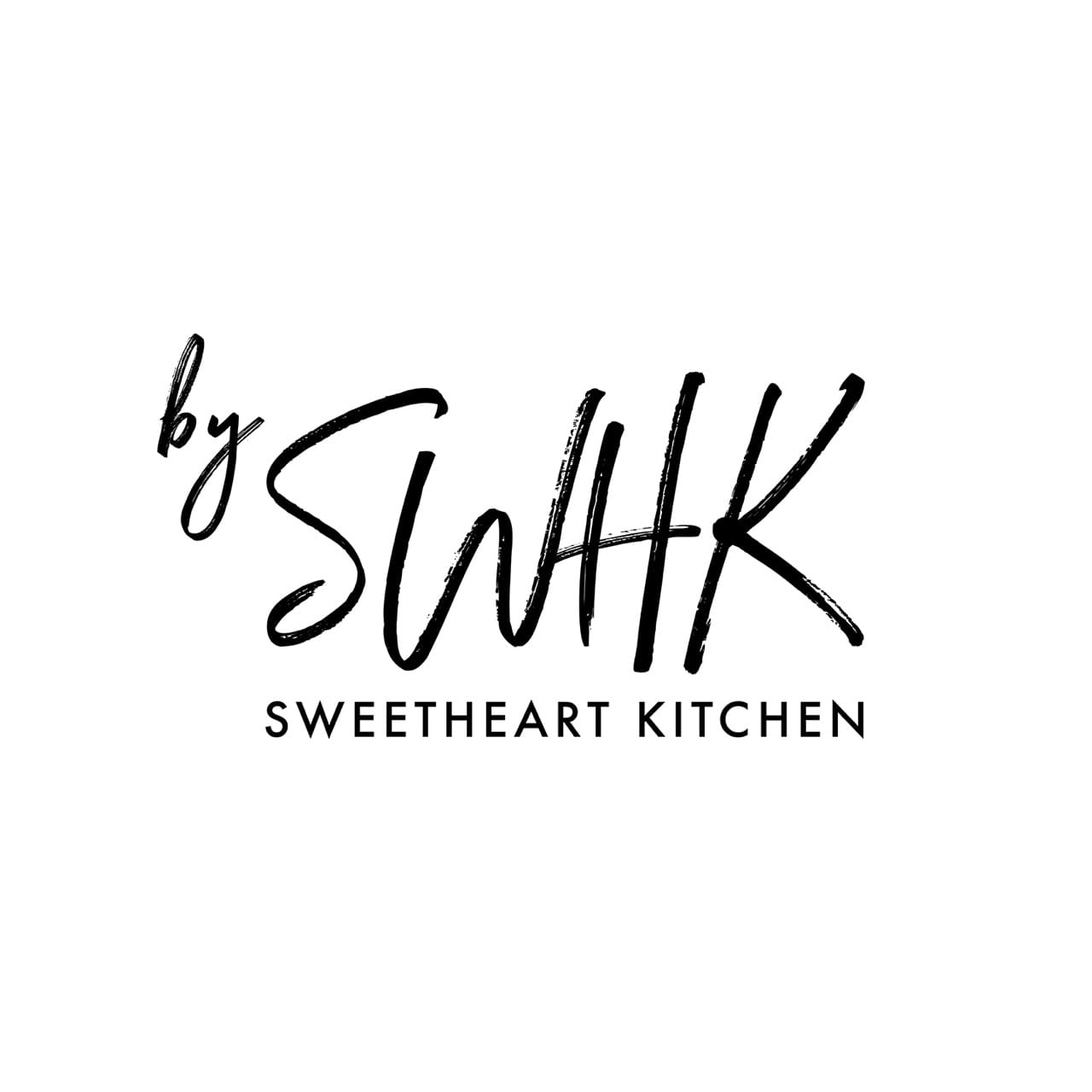Title Page
-
Conducted on
-
Prepared by
-
Location
Personal Hygiene
-
All employees should wash and sanitize their hands before entering to the workplace and when needed during the work
-
All staff is wellgroomed, in neat uniforms, and following company standards
-
All staff is wearing face masks & gloves
-
All employees are wearing hairnets in proper way (covering ears) and facial hair (mustache/beard) is covered by a mask
-
All employees keeping their fingernails clean & short.no nail varnish are being allowed by staff in the kitchen/food preparation area
-
The staff is adhering to the food hygiene rules relating to personal hygiene
-
All employees are following the procedure for reporting illnesses of food handlers
Storing
-
Storage area, cold rooms, refrigerators area clean, free of debris, empty boxes and other refuse & well maintained & not over stocked
-
Raw Material & Food Products have been arranged / stored in rotation and uses on FIFO (First in First Out) and FEFO (First Expiry and First Out) basis and marked
-
Food product crates are stored away from the wall & above the ground
-
Are all stored products (dry, chilled and frozen) properly stored, adequately labelled and within date codes?
-
There is no expired items
-
All freezers, refrigerators, and chill rooms are operating at or below their specified temperatures
-
Is there any evidence of pests / pets in the kitchen or storage areas
Preparation & Handling
-
Is there a risk of Cross Contamination?
-
Is there any Physical or Chemical Contamination?
-
Cleaning materials are kept in a separate area away from food
-
Checking food temperatures regularly by metal probe thermometer
-
Food products including cooked food are always kept covered after preparation and cooking
-
Cutting boards should be in good shape and not overly worn out. Regular washing to be carried out during operational hours. Color coding to be maintained
-
Standard procedures are following while thawing and cooling process
-
Not using a single ladle to handle different sauce or products
-
Fruits and vegitables washed and sanitized according to the procedure
-
Potentially hazardous foods are cooked immediately after processing
-
All smaller containers filled from bulk containers also display correct labels
-
Crockery, cutlery, and utensils are properly washed dried, and stored at its proper place
Maintenance
-
Refrigerators & freezers are clean and working properly? (Chiller teprature (14 C) freezer temperature 18 C or less)
-
Gaskets of the chilling & freezing units are clean and not damaged
-
The pot wash area has running cold & hot water
-
All insect trappers are in working condition , effective and clean
-
The machinery and equipment are regularly inspected & maintained
-
Exhaust hoods / Fresh Air grills are clean & working effectively
-
All equipment in working order, clean & well maintained
-
All lights and electrical fittings/ switchboards, must be clean, no loose fittings & free from pest infestation/droppings and food debris
-
The heating elements of the kitchen pass is in working condition and is kept switched on during operational hours
-
Are the floors, walls, ceilings, doors, and windows, etc in a satisfactory state of repair and easily cleanable?
Documentation
-
All procedures are followed
-
All forms are maintained and recorded correctly
Occupational Health & Safety
-
Fire extinguishers are easily accessible; refilling date mentioned on them
-
First Aid Kit with all necessary medicines & ointments is available, Medicines & ointments in the First Aid Box are within the expiry date
-
The mechanical ventilation system is adequate and operating correctly
-
The lighting bright is enough, especially overwork surfaces & cookers
-
Electrical sockets and equipment are placed away from sinks and hotplates














